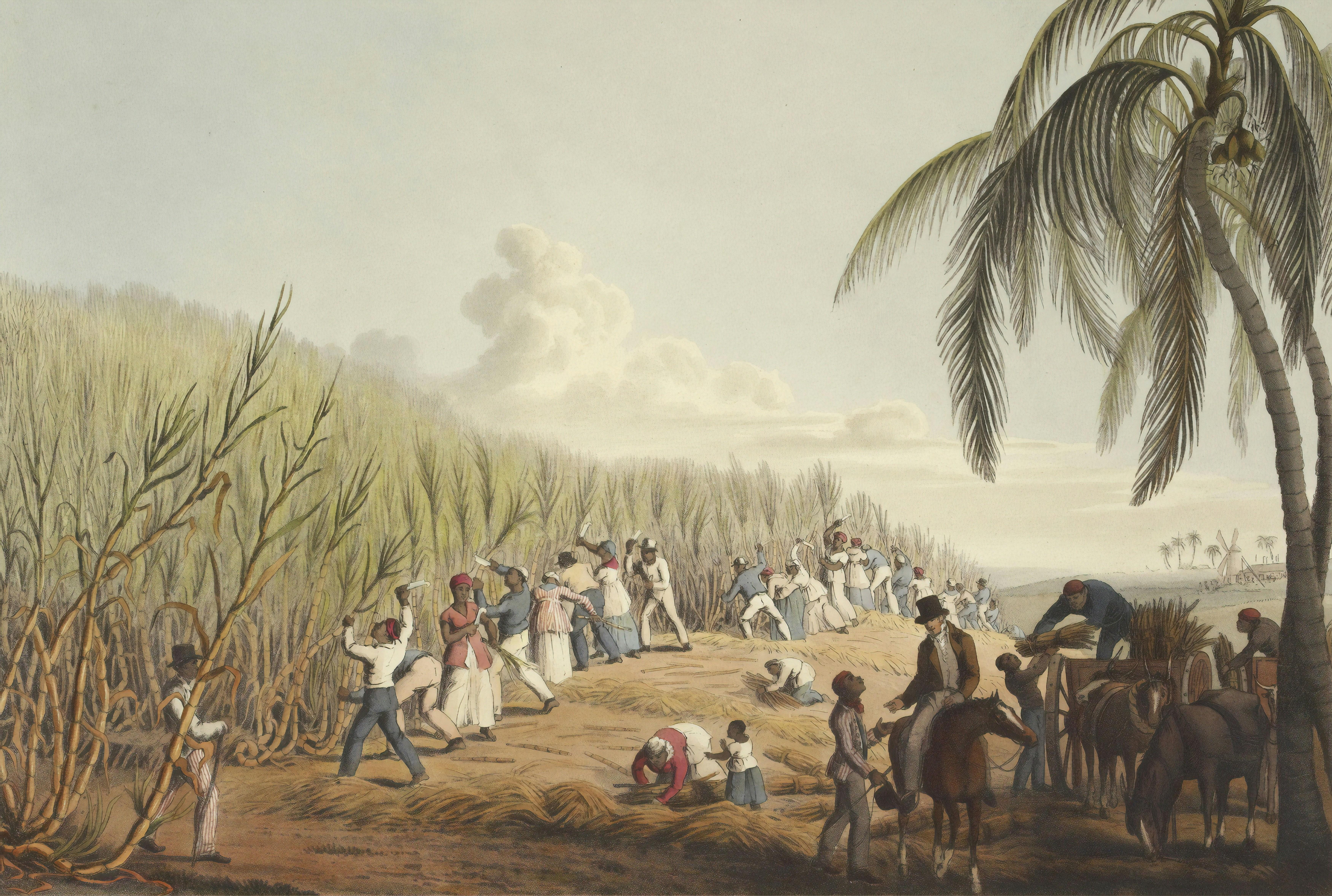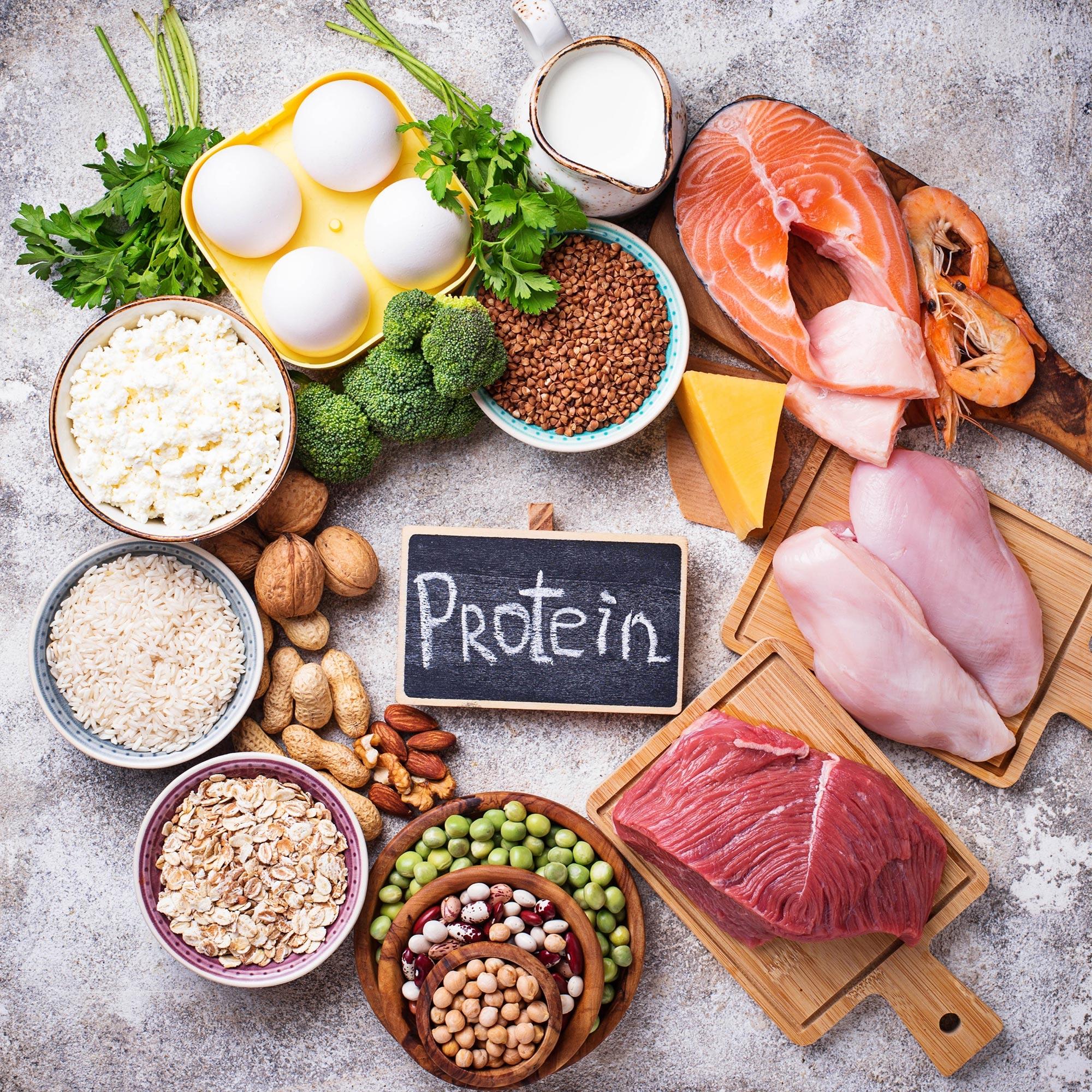Welcome to our latest blog post, where we unravel the maze of dietary wisdom, cutting through misleading advice, to help you thrive on a vegan diet. Inspired by Mike’s insightful YouTube video titled ”How to Prevent Deficiencies on a Vegan Diet,” we delve into the essentials of maintaining nutritional balance while embracing a plant-based lifestyle. As the new year rolls in, many embark on vegan journeys armed with optimism but often guided by well-intentioned yet misinformed advice.
Mike’s comprehensive discussion promises to debunk myths, particularly focusing on crucial nutrients and their importance. He tackles common concerns, like the infamous B12 deficiency scare and the protein paradox, backed by dietary science and professional recommendations. Whether your goals are weight management, enhanced fitness, improved blood work, or even disease reversal, understanding these nutritional nuances is key.
In this post, we’ll walk you through the vital points that Mike highlights, demonstrating how a well-planned vegan diet can meet all your nutritional needs and contribute to a more sustainable environment. So, let’s dive in and learn how to navigate your vegan diet like a pro, ensuring you stay healthy and energized while helping our animal friends and the planet.
Cutting Through the Misinformation: Balancing Nutrition on a Vegan Diet

Due diligence is essential with any diet. It’s crucial to recognize that a vegan diet, like any other, comes with its set of considerations. This isn’t about exposing flaws but understanding the nutrients that vegans often excel in, such as vitamin A, vitamin C, B6, B9, potassium, magnesium, manganese, copper, and iron. According to the largest group of nutritionists globally, a well-planned vegan diet is nutritionally adequate for all stages of life and more environmentally sustainable.
Protein is often the biggest concern, yet it’s interesting to note that vegans generally have higher blood protein levels than omnivores. A protein deficiency is incredibly rare and usually only occurs with starvation or highly restrictive diets. To keep track of your intake and ensure you’re hitting your nutritional targets, consider using a tool like Chronometer. This tool can help provide insight into your daily nutrient consumption and guide you in making informed dietary choices.
| Common Nutrients | Sources in Vegan Diet |
| Vitamin A | Carrots, Sweet Potatoes, Kale |
| Vitamin C | Oranges, Broccoli, Strawberries |
| B6 | Bananas, Potatoes, Chickpeas |
| B9 (Folate) | Spinach, Avocado, Lentils |
| Iron | Quinoa, Lentils, Tofu |
| Magnesium | Nuts, Seeds, Whole Grains |
The Essentials: Key Nutrients to Monitor for Vegans

In order to maintain a well-balanced vegan diet and prevent nutrient deficiencies, it is essential to monitor certain key nutrients. Here are a few vital ones you should keep an eye on:
- Vitamin B12: This nutrient is crucial for nerve function and DNA synthesis. Since it is primarily found in animal products, vegans should opt for fortified foods or supplements.
- Iron: While plant-based sources like lentils and spinach are rich in iron, the body absorbs non-heme iron less efficiently. Consuming vitamin C-rich foods alongside can enhance absorption.
- Omega-3 Fatty Acids: Essential for brain and heart health. Flaxseeds, chia seeds, and walnuts are excellent plant-based sources.
- Vitamin D: Important for bone health and immune function. Get sunlight exposure and consider fortified foods or supplements, especially during the winter.
- Calcium: Necessary for strong bones and teeth. Fortified plant milks and leafy greens such as kale and broccoli are good sources.
| Nutrient | Daily Recommendation | Top Vegan Sources |
|---|---|---|
| Vitamin B12 | 2.4 mcg | Fortified cereals, nutritional yeast |
| Iron | 8-18 mg | Lentils, spinach, tofu |
| Omega-3 | 1.6 g | Flaxseeds, chia seeds, walnuts |
| Vitamin D | 600 IU | Fortified plant milks, mushrooms |
| Calcium | 1000 mg | Broccoli, fortified plant milks |
Protein on a Vegan Diet: Myths and Realities

After a lifetime of being told that protein is super important, people tend to get triggered when I say that protein is really not a concern here. But please, let this sink in! Vegans, on average, have higher blood protein levels than omnivores. What does that do to your paradigm? Furthermore, a protein deficiency is only really possible with starvation or an extremely restricted vegan diet.
Here’s why protein myths on vegan diets don’t hold water:
- A wide range of plant-based foods are rich in protein, including beans, lentils, chickpeas, tofu, tempeh, seitan, and various whole grains.
- Many vegetables also contain substantial amounts of protein, such as broccoli, spinach, and Brussels sprouts.
- Chronometer.com can be a valuable tool to track your daily intake and ensure you’re meeting your protein needs.
| Food Item | Protein per 100g |
|---|---|
| Lentils | 9g |
| Chickpeas | 19g |
| Tofu | 15g |
| Seitan | 25g |
Expert Voices: Evidence-Based Vegan Nutrition Tips

By following the right expert advice, you can ensure that your vegan diet is nutritionally adequate without running into common deficiencies. Here are some evidence-based tips shared by dietitians and nutritionists:
- Protein: Contrary to popular belief, protein is not a major concern for most vegans. In fact, vegans often have higher blood protein levels than omnivores. Ensure you’re not excessively restricting your diet, and you’ll likely meet your protein needs without issue.
- Vitamin B12: Essential for nerve function and making DNA, this vitamin isn’t naturally found in plant foods. A simple solution is to take a reliable B12 supplement or consume B12-fortified foods. Aim for at least 2.4 mcg/day for adults.
- Iron: While plant-based sources of iron aren’t absorbed as efficiently as animal-based sources, including vitamin C-rich foods in your meals can enhance absorption. Think about adding bell peppers, broccoli, or citrus fruits to your dishes.
Quick-Reference Nutritional Info
| Nutrient | Daily Requirement | Vegan Sources |
|---|---|---|
| Vitamin B12 | 2.4 mcg | Fortified foods, B12 supplements |
| Iron | 8-18 mg | Leafy greens, beans, lentils, tofu |
| Protein | Varies | Legumes, nuts, seeds, whole grains |
Making It Work: Practical Tools and Resources for Vegan Nutritional Health

When aiming to prevent deficiencies on a vegan diet, utilizing the right tools and resources can make a world of difference. Start by leveraging Chronometer to keep track of your daily nutritional intake. This free app allows you to monitor your consumption of essential nutrients and identify any gaps in your diet. Connecting with a registered dietitian who specializes in plant-based nutrition can also provide personalized guidance and address specific concerns.
Here are a few practical tools and resources that can help ensure you meet your nutritional needs:
- Supplementation: Consider a B12 supplement, as this is the one vitamin difficult to obtain from plant sources alone.
- Fortified Foods: Incorporate fortified plant milks, cereals, and nutritional yeast into your diet for added vitamins and minerals.
- Whole Foods: Focus on a variety of whole plant foods such as legumes, grains, nuts, seeds, fruits, and vegetables for a balanced nutrient intake.
| Nutrient | Plant-Based Sources |
|---|---|
| Protein | Legumes, tofu, tempeh, seitan |
| Iron | Spinach, lentils, quinoa, pumpkin seeds |
| Calcium | Broccoli, almonds, fortified plant milks |
| Omega-3 | Chia seeds, flaxseeds, walnuts |
The Conclusion
And that wraps up our dive into preventing deficiencies on a vegan diet, inspired by Mike’s enlightening YouTube video, “How to Prevent Deficiencies on a Vegan Diet.” From dispelling myths about protein deficiencies to emphasizing the importance of due diligence, Mike has brought to light the essentials of maintaining a balanced vegan lifestyle.
We’ve discussed the critical nutrients that often spark concern and how to ensure you’re getting enough of them. We’ve also touched on the sustainability and health benefits backed by research and the nutritionists’ community. Remember, as highlighted in the video, it’s not just about adopting a diet but adopting it wisely, armed with the right knowledge and resources.
So, as you embark on or continue your vegan journey, let Mike’s science-backed insights guide you towards achieving your dietary goals in a healthy and sustainable manner. And always, whether vegan or omnivorous, stay informed, stay balanced, and nourish your body with love and care.
Thank you for reading and stay tuned for more nourishing advice and tips! 🌱✨















































